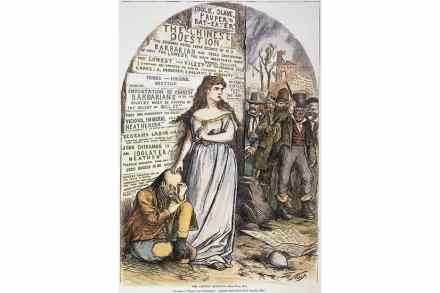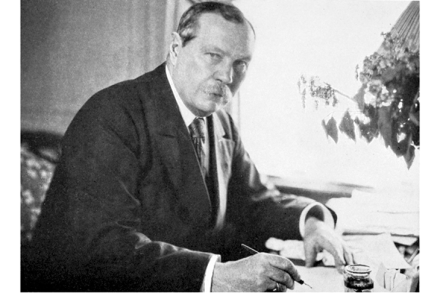How 19th-century gold rushes led to a distrust of China
For a brief moment three summers ago it seemed that the clear Idaho air wafting through the Sun Valley Literary Festival had become tainted with the smoke and soot of Nuremberg. Here was Thomas Friedman, bloviator-in-chief to America’s chattering classes, standing before a rally of thousands, delivering a powerful philippic about the ascent of the Asiatic East. As he warmed to his theme, he decided for some messianic reason to demand that his audience chant the phrase that he suggested now dominated the American economic landscape. Come on, he urged like a latter-day Elmer Gantry, yell out with me the words: ‘Everything. Is. Made. In. CHINA!’ And, as one, the




